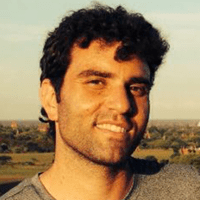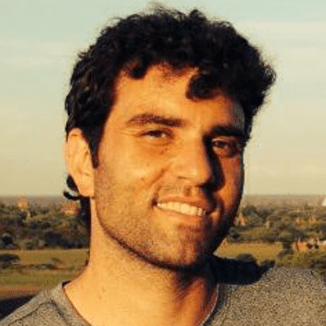Main Menu (Mobile)- Block
- Overview
-
Support Teams
- Overview
- Anatomy and Histology
- Cryo-Electron Microscopy
- Electron Microscopy
- Flow Cytometry
- Gene Targeting and Transgenics
- High Performance Computing
- Immortalized Cell Line Culture
- Integrative Imaging
- Invertebrate Shared Resource
- Janelia Experimental Technology
- Mass Spectrometry
- Media Prep
- Molecular Genomics
- Primary & iPS Cell Culture
- Project Pipeline Support
- Project Technical Resources
- Quantitative Genomics
- Scientific Computing
- Viral Tools
- Vivarium
- Open Science
- You + Janelia
- About Us
Main Menu - Block
- Overview
- Anatomy and Histology
- Cryo-Electron Microscopy
- Electron Microscopy
- Flow Cytometry
- Gene Targeting and Transgenics
- High Performance Computing
- Immortalized Cell Line Culture
- Integrative Imaging
- Invertebrate Shared Resource
- Janelia Experimental Technology
- Mass Spectrometry
- Media Prep
- Molecular Genomics
- Primary & iPS Cell Culture
- Project Pipeline Support
- Project Technical Resources
- Quantitative Genomics
- Scientific Computing
- Viral Tools
- Vivarium


Biography
Peter Polidoro builds robotics and automates experiments for the scientists studying animal brains at Janelia. He has designed mechatronic assays to observe and manipulate the behavior of drunk fruit flies, constructed a tiny robotic fly to interact with real flies as they walk around on a surface, programmed a machine to automatically sort male and female flies into different vials, and built vision systems for tracking animal behavior. He enjoys working on every aspect of these projects, from coding the software in a variety of languages, to developing control algorithms, designing and soldering printed circuit boards, designing, machining, and assembling mechanical parts, and analyzing and visualizing the collected experimental data.
Peter is passionate about free open source software and hardware and is working on an open source tool chain for designing, controlling, and analyzing data from any modular robotic devices, especially those that can be used for automating laboratory experiments.
Peter has previously worked in a fly brain research lab for Michael Dickinson at Caltech and a prototyping team for Bill Gross at Idealab. He studied smart product design at Stanford and mechanical engineering and computer science at Cornell.
Peter collects books, and loves scuba diving, riding motorcycles, and camping. He is also an avid adventure traveler and has visited every state in the U.S. and over 60 countries all over the world.
See examples of his projects here:
